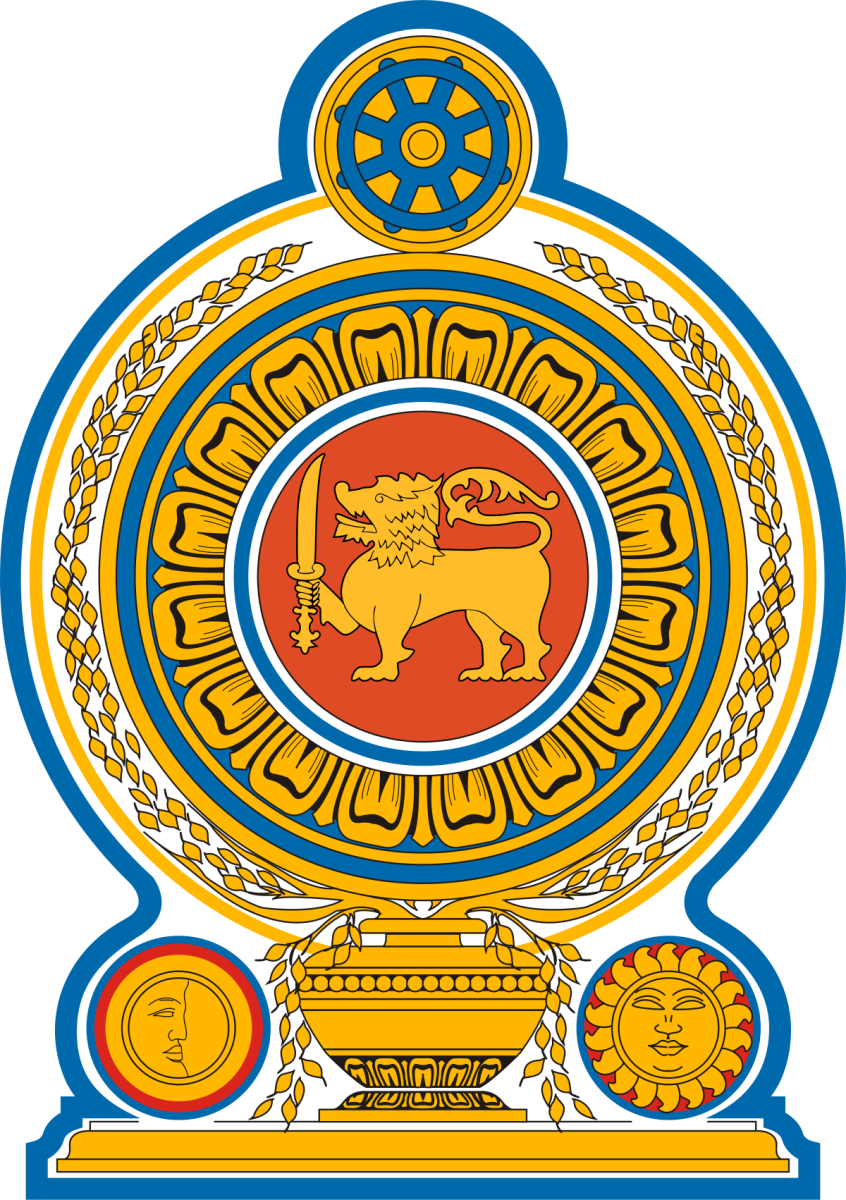
Statement by H.E. Jayantha Jayasuriya, Ambassador and Permanent Representative of Sri Lanka to the United Nations
At the High-Level Open Debate of the Security Council on
Maritime Security: Prevention, Innovation, and International Cooperation to Address Emerging Challenges
11 August 2025
Mr. President,
At the outset, Sri Lanka wishes to commend the Republic of Panama for convening this timely debate and for its leadership in bringing renewed focus to maritime security. It is a crucial issue to maintain global stability and national resilience.
As a small island nation located at the crossroads of vital international shipping lanes, Sri Lanka’s security, development, and prosperity all depend on the stability of the Indian Ocean. Our Exclusive Economic Zone is nearly seven times the size of our landmass. In this context, Sri Lanka seeks to harness the ocean’s economic potential while benefiting from Asia’s rising prosperity.
While the nation is benefiting from our strategic location, it also puts us on the front lines of confronting complex maritime challenges. These include the persistent threat of illicit trafficking in drugs, arms, and persons; illegal, unreported and unregulated fishing that undermines food security and livelihoods; environmental degradation; and the growing risks posed by maritime militarization. These challenges are interlinked, transnational, and evolving in scale and complexity.
Sri Lanka has taken decisive steps to confront these threats. Domestically, we have strengthened legal frameworks, empowered inter-agency cooperation, and enhanced maritime domain awareness through investments in radar and surveillance systems. Our Navy and Coast Guard play a vital role in interdiction, environmental protection, and humanitarian response. All of these actions were taken, despite the country operating under significant resource constraints. In this context, we appreciate friendly nations’ much-needed support to enhance logistics capacity and technology to bolster capability to safeguard our maritime boundary and illegal trade, human trafficking, arms smuggling, and terrorism.
The issues we are discussing today are common, and countries must work together to address them effectively. To that end, we have prioritized regional partnerships and technical cooperation. One such initiative is the jointly established Regional Centre for Maritime Studies (RCMS) by Sri Lanka and France, with an aim to advance maritime safety, security, and marine environmental protection in the Indian Ocean Region. Further, Joint exercises with key partners such as India and the United States have built capacity, improved interoperability, and bolstered preparedness for real-world contingencies, including disaster response and maritime crime prevention.
At the multilateral level, Sri Lanka reaffirms its commitment to international maritime law, in particular the United Nations Convention on the Law of the Sea (UNCLOS). We reiterate the importance of the UNCLOS as the legal framework within which all activities in the oceans and seas must be carried out. Sri Lanka became a signatory to the BBNJ Agreement with the objective of promoting fair access to marine genetic resources and strengthening regional collaboration for effective and sustainable ocean governance. Following this, an Inter-Ministerial Committee was formally established, and the country is currently in the process of ratifying the Agreement.
We urge the importance of upholding Security Council resolutions and support enhanced coordination between Member States, the International Maritime Organization, INTERPOL, and regional forums such as the Indian Ocean Rim Association (IORA), Indian Ocean Naval Symposium (IONS), and the Bay of Bengal Initiative for Multi-Sectoral Technical and Economic (BIMSTEC). As the Chair of the IORA, we have aimed to promote deeper cooperation and a shared sense of purpose among the nations of our region. We believe the Indian Ocean must not be viewed simply as a transit route for global trade, but also as a shared space that connects our people, shapes our identities, and drives our economies.
Mr. President,
Technology must be an enabler of maritime peace, not a source of new instability. We welcome innovative solutions, including the use of AI and satellite-based monitoring, but stress the need for responsible governance, transparency, and equitable access to these tools.
Sri Lanka also calls for integrating climate resilience and environmental stewardship into the maritime security agenda. Rising sea levels, marine pollution, and ecosystem loss are silent threats to the security of coastal communities and the viability of our blue economies.
In conclusion, Sri Lanka supports calls for deepened international cooperation - including consideration of a dedicated UN mechanism on maritime security - that respects sovereignty, builds trust, and promotes collective responses to shared threats. Let us ensure that the oceans remain secure, sustainable, and open for all nations to reap their benefits on equal terms.
Thank you.


